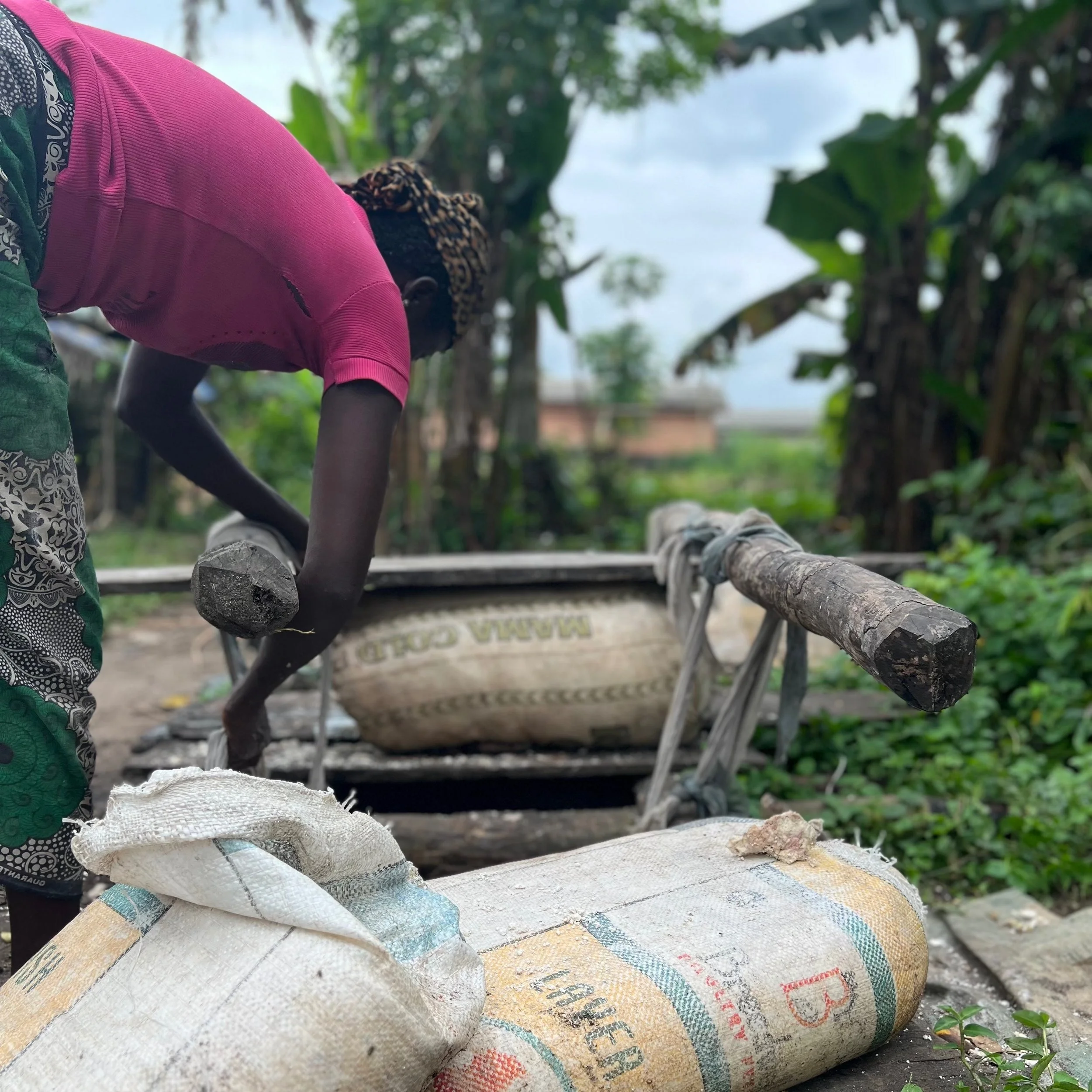The Flavor of Time: Fermentation and the Future of Food
Fermentation isn’t a trend in Africa.
It’s inheritance.
Across the continent, fermentation has served as a quiet technology of survival and flavor. In a world where most of our days are spent in what food scientists call the "danger zone" (temperatures between 4°C and 60°C / 40°F and 140°F where bacteria multiply rapidly), Africans developed ways to preserve food long before refrigeration.
These methods weren’t just practical. They were brilliant.
There is momoni, Ghana’s fermented fish. Iru, the locust bean paste of Nigeria. Yet, a fermented sea snail in Senegalese thieboudienne. Dolo, the sorghum beer brewed in Burkina Faso. Injera in Ethiopia. Mageu in South Africa. Raib and lbenin North Africa. Ntoba mbodi in Central Africa.
These foods were created not only for sustenance, but for deep flavor and nutritional richness. Fermentation amplified both.
But that knowledge is now under threat.
At Midunu, we once hired a young woman from northern Ghana. One day, I asked her how she made koko — a fermented millet porridge. She paused. Then explained her generation was using kokonte flour instead — a cassava flour that mimics the sour flavor. It’s easier, cheaper, faster.
She had never even heard of the millet version.
And that moment hit me: we are not just losing ingredients. We’re losing climate knowledge.
Millet is a climate-resilient crop. It's more tolerant to drought. It thrives in arid soils. It could be part of the solution for future food security. But if the recipes that once made millet flavorful are forgotten, so is the crop's relevance.
Fermentation takes time. It builds complexity. It resists efficiency. It remembers.
When we abandon those techniques, we risk more than taste. We risk our future.
To me, fermentation isn’t just a method. It’s a metaphor.
It says that good things take time. That flavor is an archive. That culture is passed not only through language and story, but through what we eat and how we prepare it. Fermentation holds the blueprint for both sustainability and inheritance.
In today’s rush toward modern convenience, I believe we must pause to remember what our food has always known:
That slow builds flavor. That sourness is survival. That ancestral wisdom is science, too.
This week, I’m honoring that memory—and imagining the future it might still grow.
📬 Want the full story?
Read the original Substack letter: selassieatadika.substack.com
